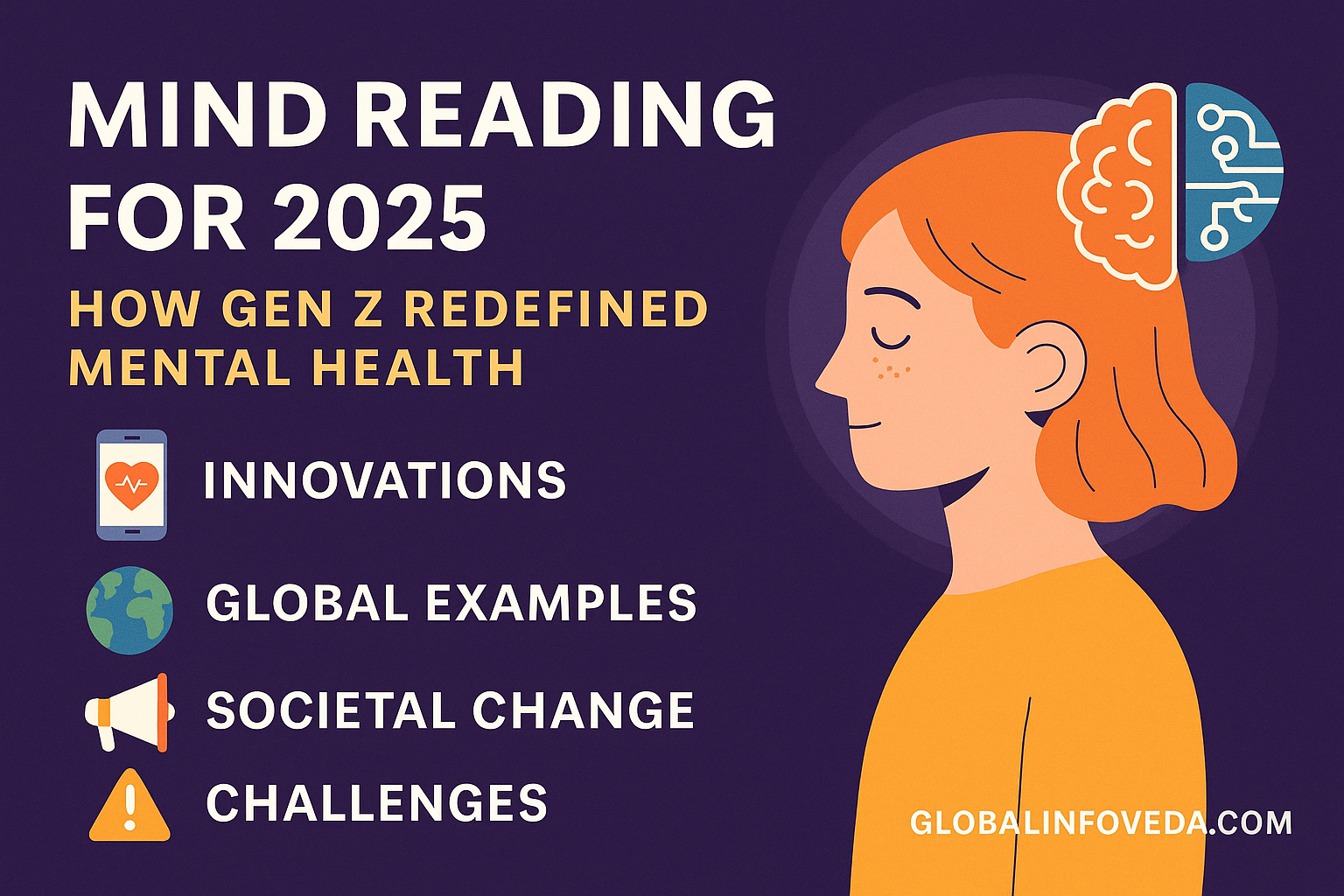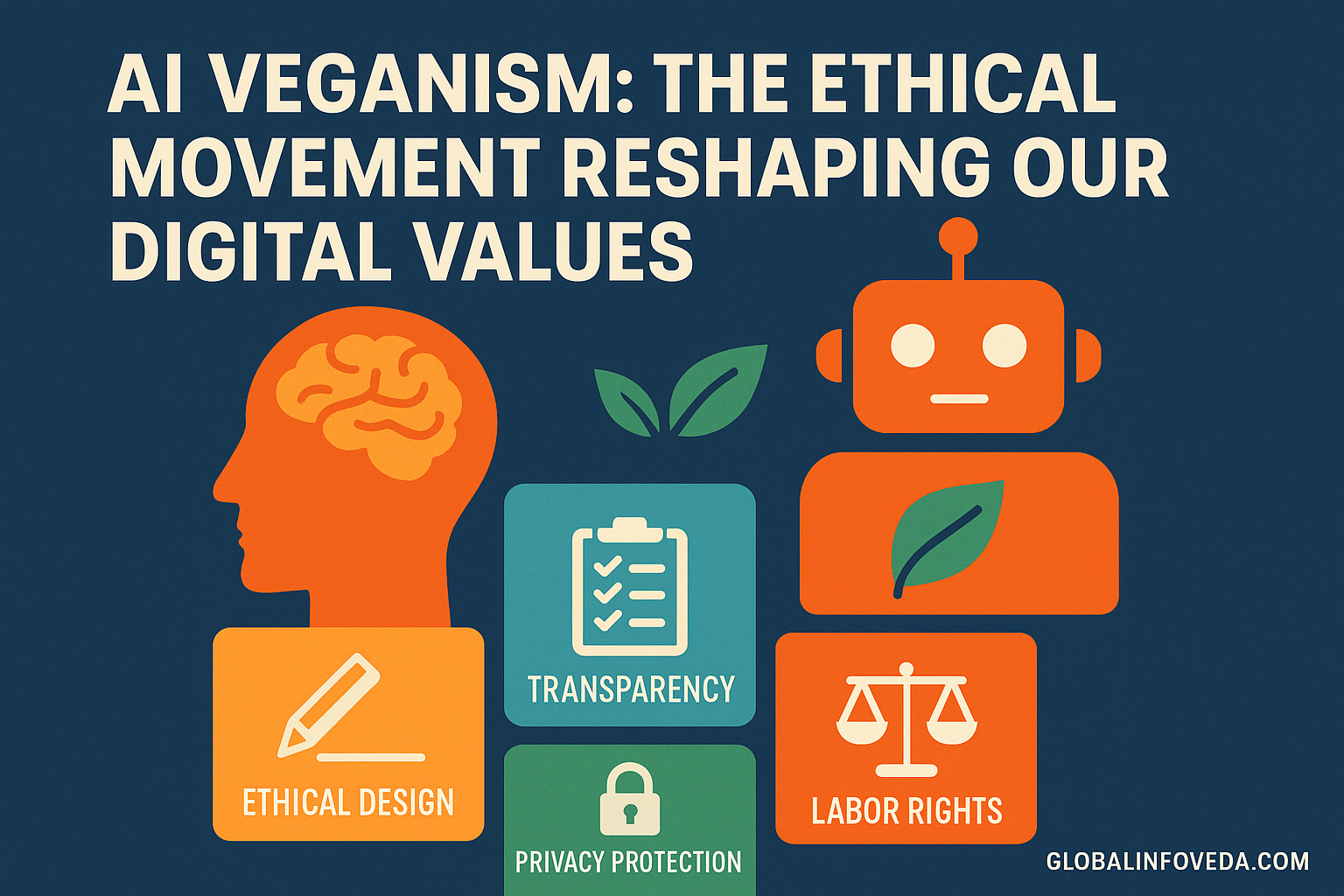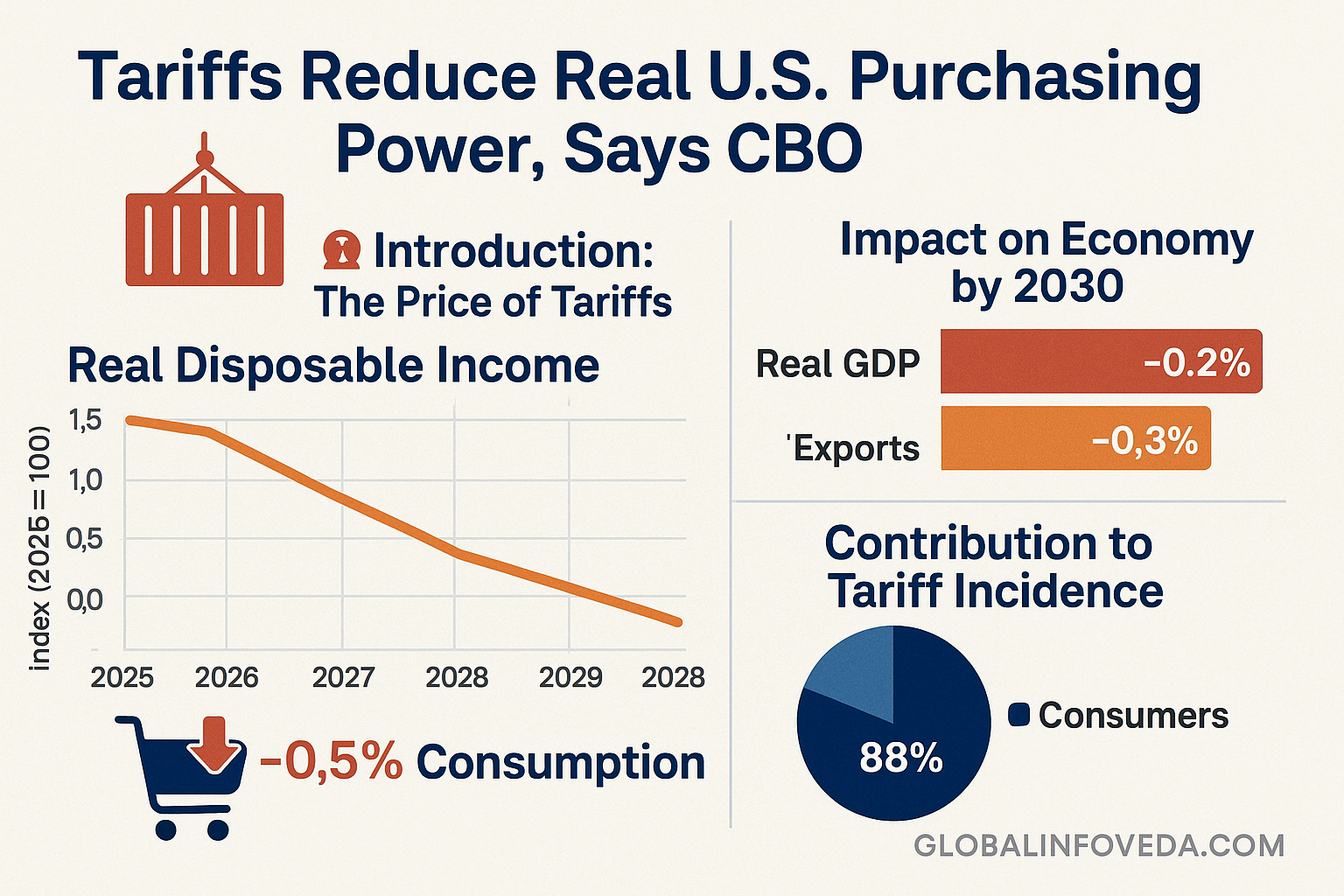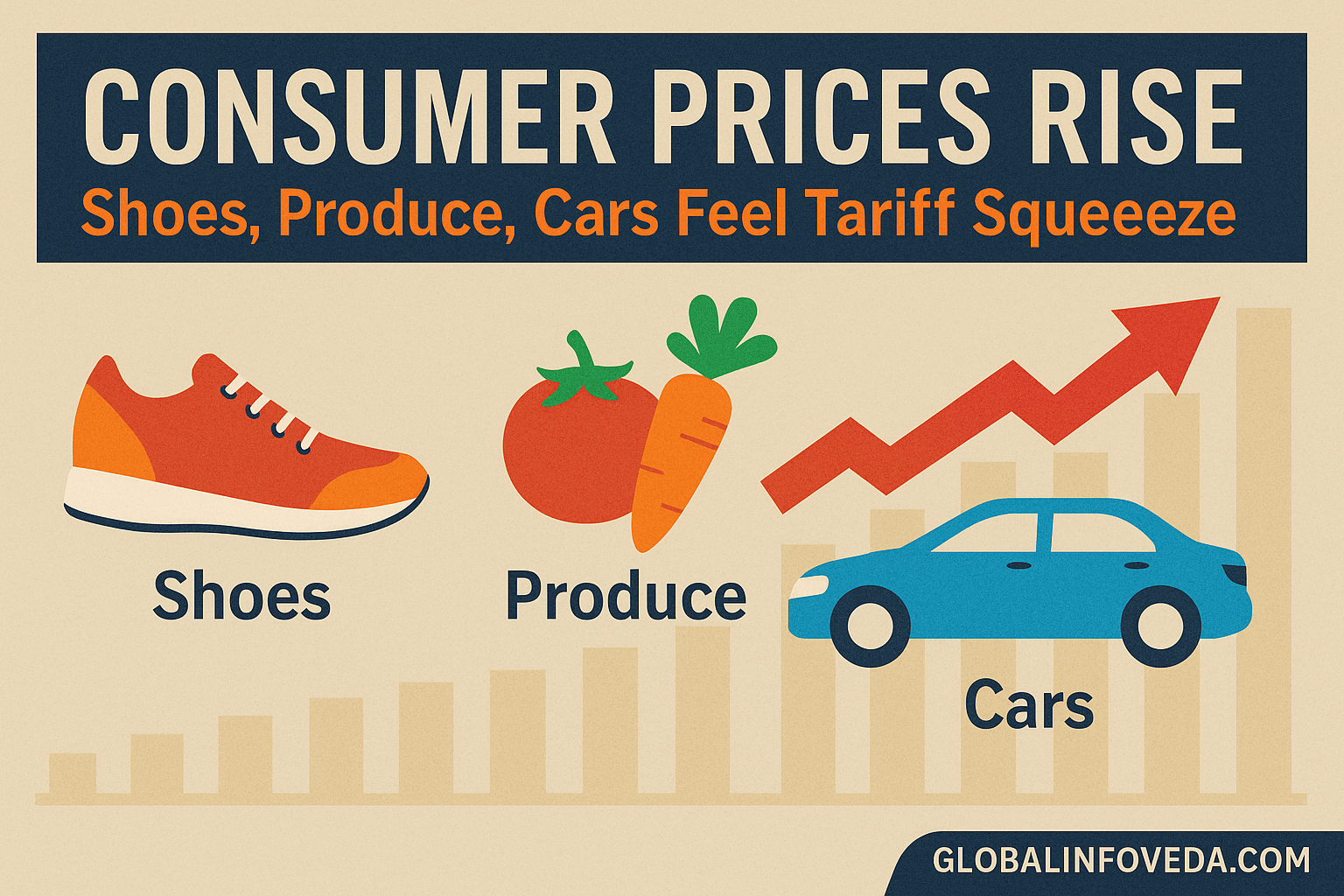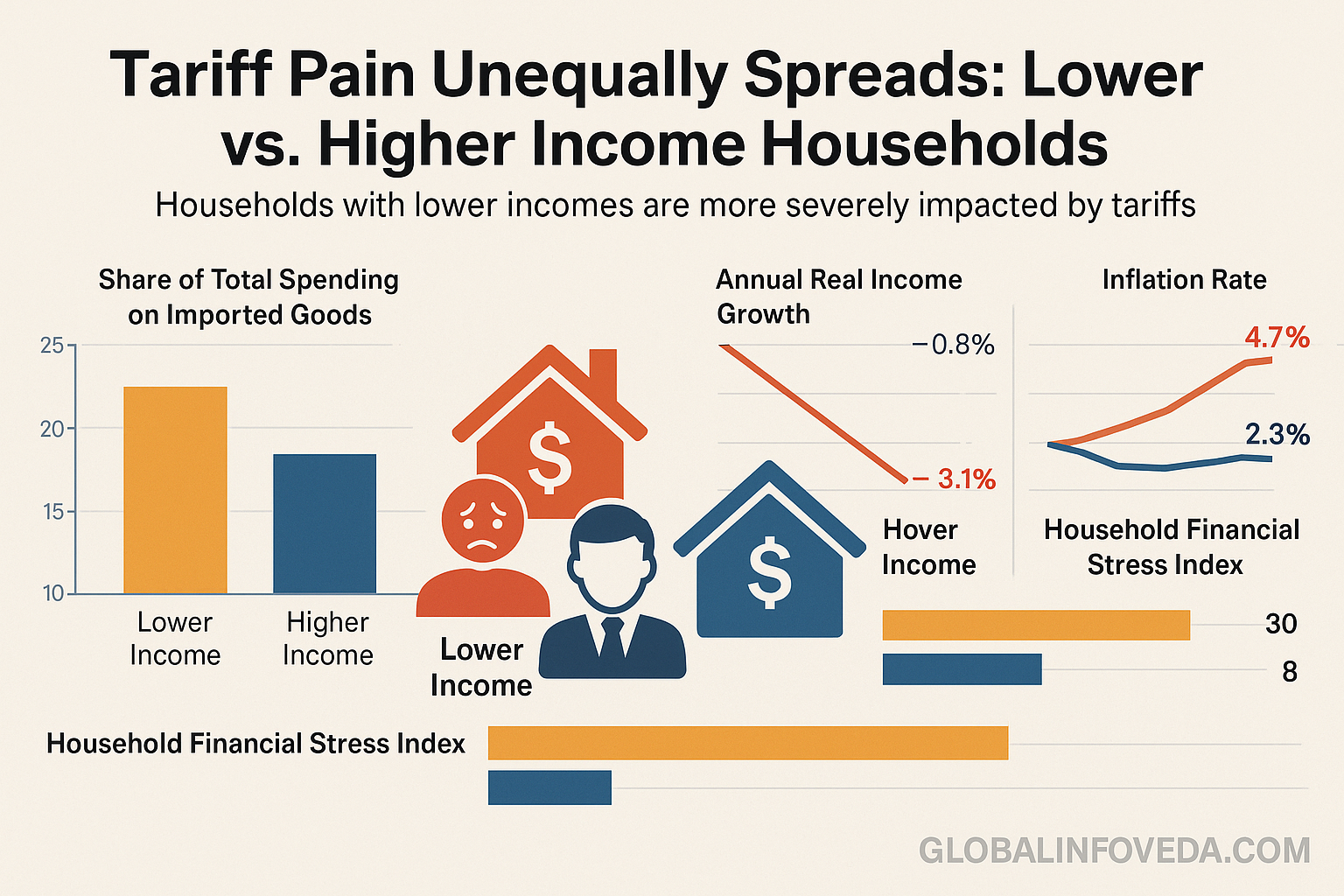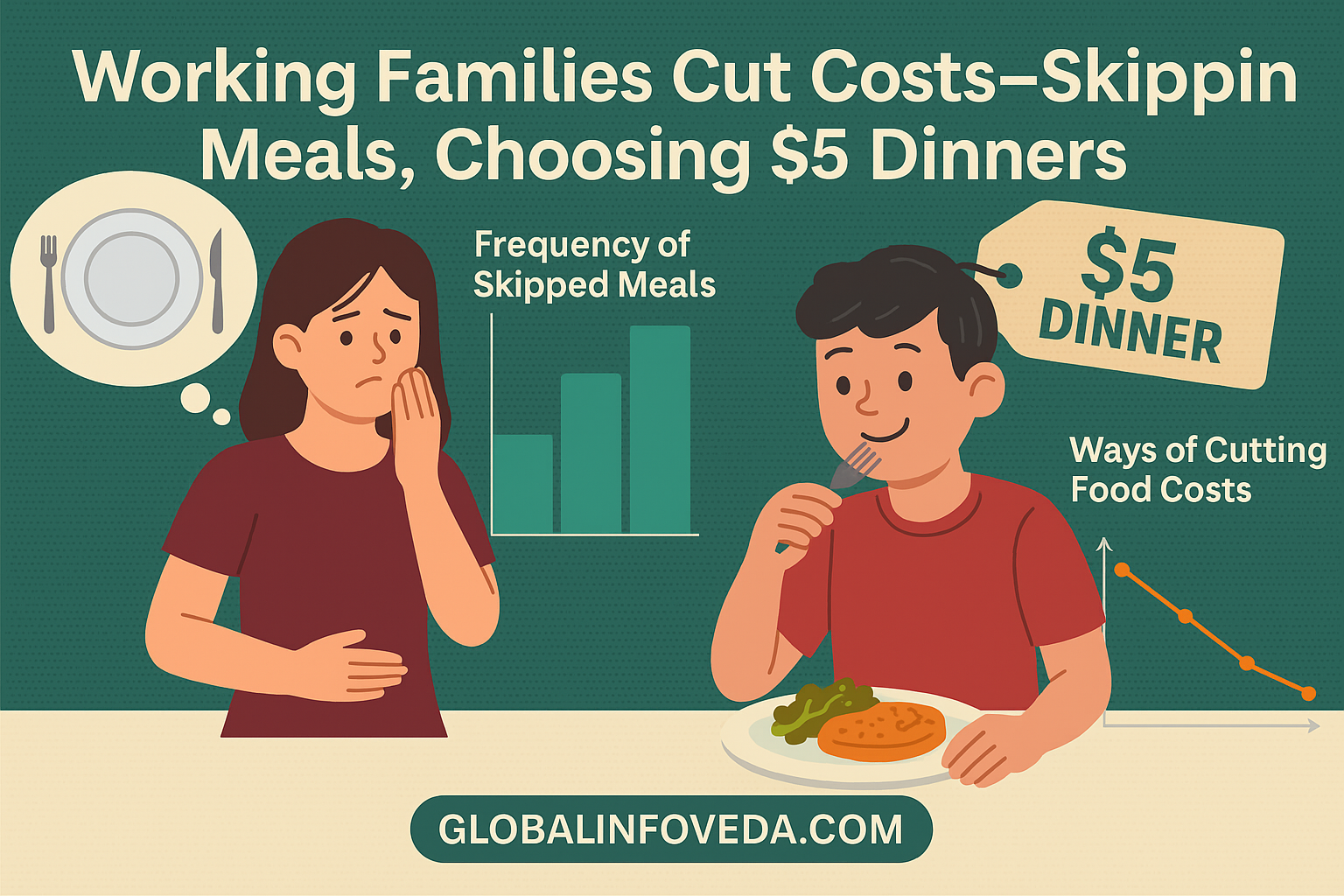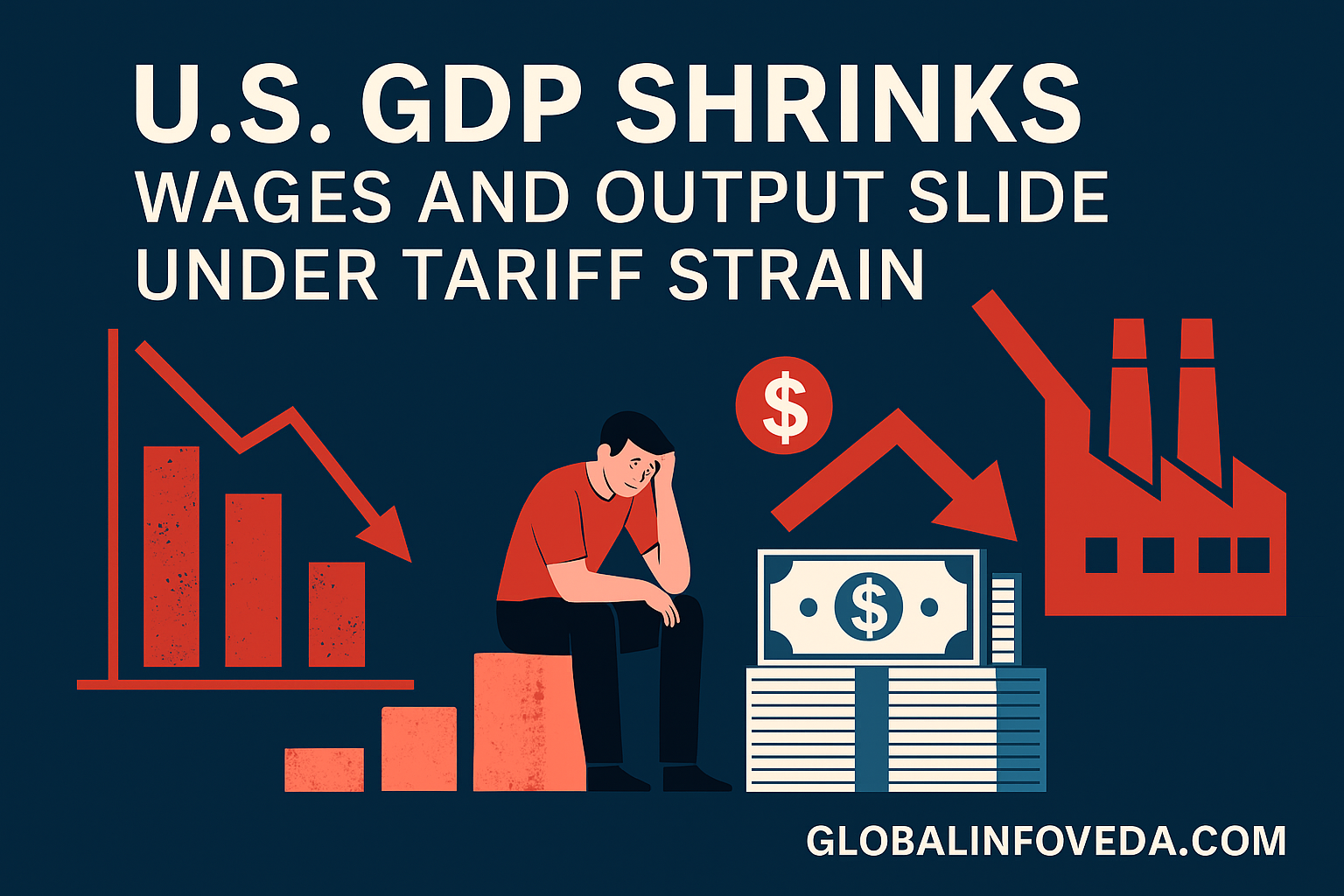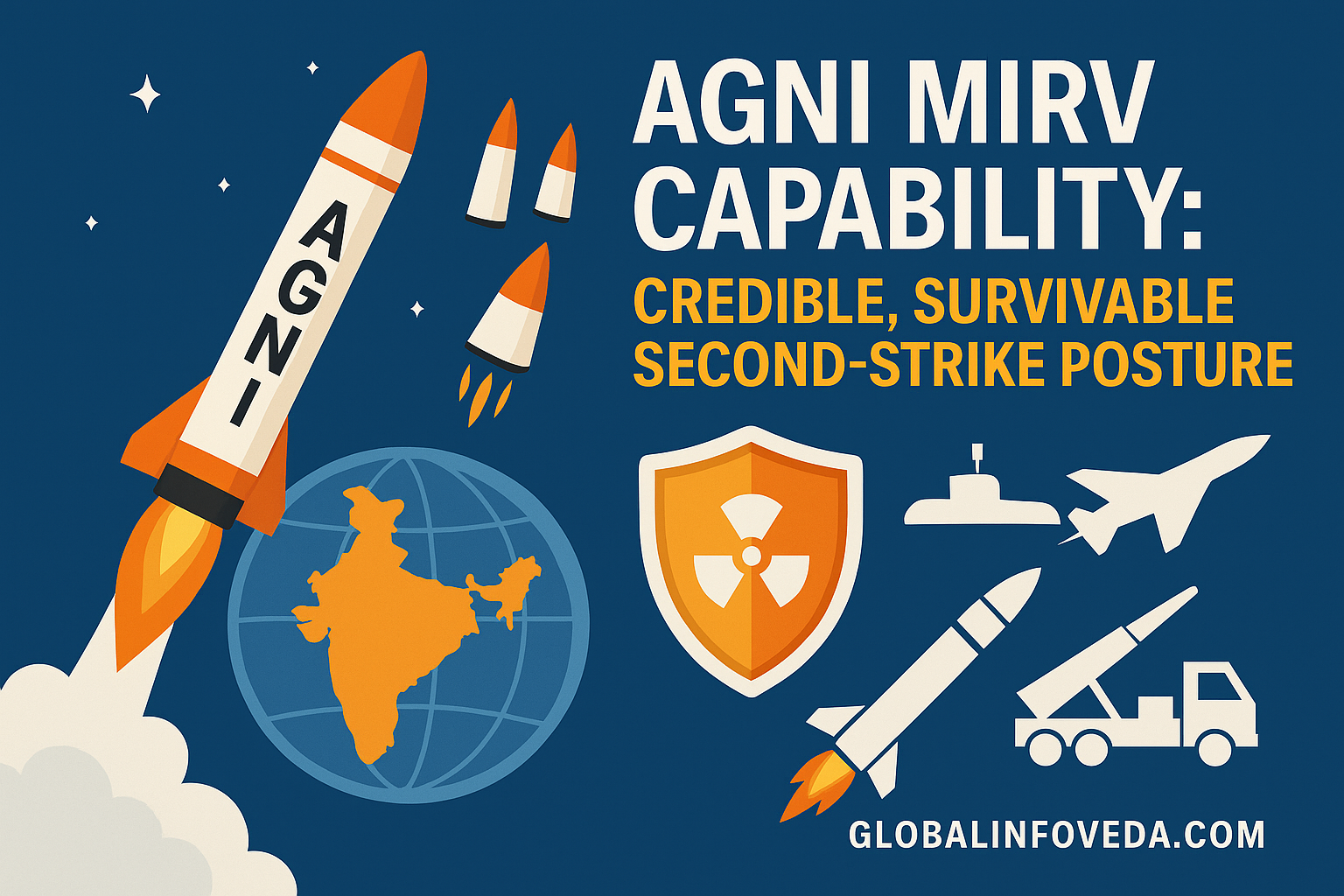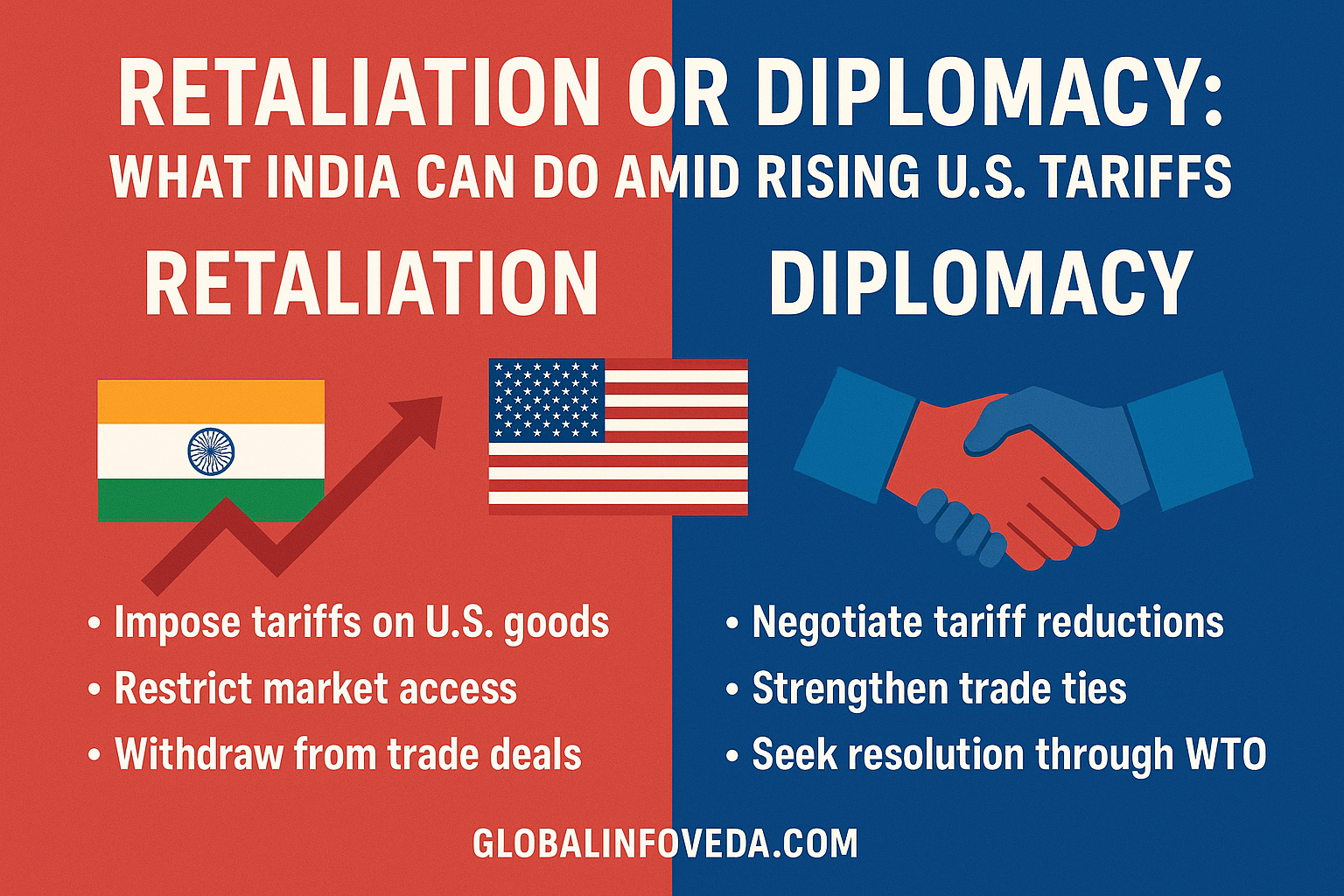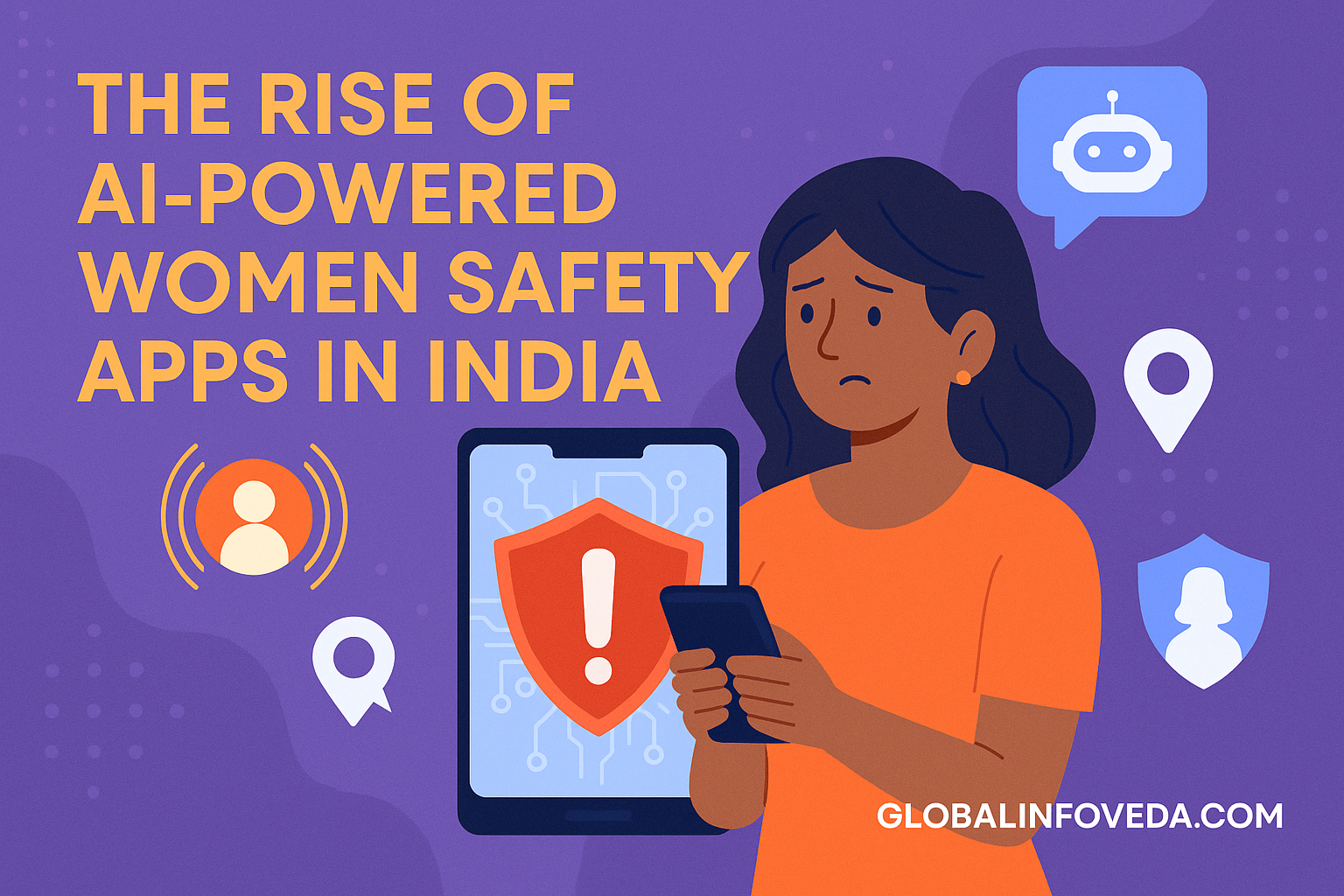🧠 Introduction
Gen Z Mental Health: Gen Z was raised with heart‑rate sensors, and AI companions, and feelings-as-metrics. In 2025 “mind reading” isn’t second sight; it’s the daily choreography of digital traces — stale sleep debt, keyboard cadence, voice tone, scrolling loops — transformed into mental health signals promising early warning and custom care. Instead of covering up struggles, this generation is demanding that anxiety, burn out, and loneliness be treated as in plain sight challenges with design solutions: consent‑first data use, peer‑led support, and hybrid therapy that combines human as well as AI tutors for emotion skills. The new frontier is not surveillance, it’s agency — tools to help young people name what they feel, to ask for help without shame and to retain ownership of their data even as we optimize for well-being outcomes in school, at work and at home. This guide charts how Gen Z silently rearchitected mental wellness culture in India and beyond — what works, what blows back and how to construct systems that respect privacy, inclusion and dignity.
Meta description: How Gen Z turned data, culture, and AI into a new playbook for mental health in 2025—tools, ethics, India context, case studies, and FAQs.
🔎 What “mind reading” really means in 2025
Gen Z short hands it with the involuntary mind reading we all trusted until life online taught us not to: a nosedive in sleep quality, micro‑pauses whilst typing, muted emoji, abandoned messages, or the switch from DMs to doom‑scrolling. No one of these signals is the flight crew signal, but collectively, they point to stress, rumination, or social withdrawal. The change in 2025 is as cultural as it is technical. The younger generation wants explainable insights and opt‑in processing, not probabilistic scoring. They want actionable feedback — breathing exercises, a check-in nudge to a friend they trust or a calendar reminder to step outside—rather than a raw “risk score.” This position has prompted apps and universities to rebuild systems around consent, context and care pathways. “Mind reading,” when it goes well, is more like a mirror with gentle instructions than a spotlight on awkwardness.
📱 The Gen Z mental health stack in 2025
- 📟 Passive signals with permissions: opt‑in collection of sleep, HRV, step counts, and focus time; data stored locally first.
- 🧭 Mood labeling on the go: quick tags that encourage name‑it‑to‑tame‑it without long journals; streaks disabled to avoid shame loops.
- 🧑⚕️ Hybrid care: teletherapy for depth, chat‑based coaching for micro‑skills, and AI triage that routes urgent cases to humans.
- 🧑🤝🧑 Peer circles: campus‑run groups with trained facilitators; boundaries around venting, referral links for crisis, trauma‑informed norms.
- 🔒 Privacy first: granular consent dashboards, clear delete/export options, and no sell/share policies for sensitive data.
- 🎮 Gameful learning: micro‑quests for breathwork, social approach experiments, and exposure ladders that earn community badges, not points.
🧬 Neurotech headbands, voice cues, and how far is too far?
Wearables that purport to read focus and stress from EEG‑like sensors or voice cues aren’t so much mind readers as they are biofeedback coaches. Gen Z’s filter, meanwhile, is a practical one: does this help me self‑regulate, or does it spy? Guided tools that offer real‑time coaching (“slow the exhale; relax the jaw; take a sunlight break”), meanwhile, are a welcome alternative when they keep data on‑device, label what they can’t tackle and avoid pseudo‑medical claims. The backlash falls straight on the devices that overreach—emotional recognition for hiring, grades or policing; forced trackers in schools; or “always listening” mic settings with no clear upside. The social contract that Gen Z is trying to establish is a simple and crisp one: no force, no hidden scoring and no driving of sensitive assumptions without explicit, reversible opt-in. Neurotech need not be a judge, only a mirror, and that can be enough to shape our daily behavior.
🧯 Risks young people refuse up front
- 🛰️ Covert monitoring: background location or mic collection framed as “safety” but turned to discipline.
- 🧪 Unvalidated scoring: opaque risk models that label “low motivation” as danger without explaining cutoffs.
- 🧱 Data hoarding: platforms that store intimate chats forever without retention limits or deletion.
- 🧿 Emotion policing: punitive rules around tears, anger, or absence that confuse symptom with character.
- 🧯 One‑size interventions: generic advice loops that ignore caste, gender, language, or neurodiversity.
🧮 Modalities vs use vs caveats
| 🧰 Modality | 🎯 Best use in 2025 | ⚠️ Caveat |
|---|---|---|
| Teletherapy | Depth work, trauma processing, relationships | Needs bandwidth; language matching is critical |
| AI companions | Journaling prompts, psychoeducation, crisis triage to humans | Must disclose limits; no medical claims |
| Wearables | Sleep hygiene, stress awareness, biofeedback | Keep data local; avoid coercive use |
🇮🇳 India’s reality: language, stigma, and access
In India, Gen Z’s mental health map is marked by language diversity, urban‑rural disparity and the resilience of family support. For many of the students, living in multigenerational homes, the label “depression” is stigma‑laden; but the words “tension,” “neend nahi aati” [can’t sleep], or “dil bhaari” [heartache] lead to doors opening. This tugs tools toward vernacular interfaces, away from emoji‑first check‑ins, and toward voice guidance.” Affordability requires low‑data designs, offline modes, and UPI‑friendly micro payments for therapy or community support pools. Culture matters: religious calendars, exam seasons, climate stress and job anxiety all influence the patterns in mood. Genz is getting platforms to hire regional counsellors, partner with NIMHANS inspired training programs, and embed consent flows that are able to work even when a parent holds the phone plan. The prize: access is not the privilege of English‑speaking metros but a right for all throughout the country.
🏫 Campus culture and peer architecture
- 🎓 Orientation for feelings: first‑year programs teach sleep, nutrition, and help‑seeking as core skills alongside labs.
- 🧑🤝🧑 Peer supporters: trained volunteers run open hours; they don’t diagnose—they normalize, validate, and route.
- 🧭 Crisis wayfinding: posters with QR codes for local helplines and on‑call counselors; “quiet rooms” with dim lights and mats.
- 📚 Assessment redesign: flexible deadlines approved via short self‑reports; no penalties for seeking help.
- 🧰 Faculty playbook: “notice and name” scripts to open conversations; boundary training to avoid over‑reach.
⚖️ Privacy, consent, dignity: the baseline
Young people now regard privacy as a kind of mental hygiene. They pose who owns journals, who views mood tags, and if class attendance tools monitor location beyond necessity. It’s also the baselineethics Gen Z supports: informed consent, the minimal determination of identity and clear review rights. The companies and schools that implement privacy‑by‑design—on‑device processing, visible toggles, short retention windows—are clearly trustworthy, and are magnets for talent. The dignity piece is as important as the legal piece: respect autonomy to say no, leave appeal paths when automated systems misread intent, guard against making sensitive disclosures permanent record. All these norms do not slow things down; they make any adoption sustainable by lessening fear.
🧰 Playbook for platforms, creators, and brands
- 🎤 Truth over tropes: avoid glamorizing all‑nighters and “grindset”; elevate rest, therapy, and boundaries as smart culture.
- 🧩 Crisis‑aware content design: add quiet mode and “talk to a human” buttons on creator pages that discuss heavy topics.
- 🧪 Credible education: co‑create with clinicians; cite reputable sources; label content for self‑help vs treatment.
- 🔐 Sensitive ad policy: no targeting based on inferred mental state; opt‑in only for wellness offers.
- 🧠 Algorithm care: throttle doom topics after a threshold; inject “go outside” nudges linked to local parks or sport clubs.
🧮 Signals, insight, boundaries
| 🔎 Signal | 🧠 Useful insight | 🚫 Off‑limits |
|---|---|---|
| Sleep decline | Suggest light‑exposure, caffeine cuts, consistent bedtime | Deduce diagnosis without context |
| Message drafts | Prompt to send/seek support; normalize hesitation | Mine private text for ads |
| Scroll spikes | Offer breathing drill and stretch timers | Shame users with punitive popups |
📚 Case study — a Bengaluru college reboots early support
There was a big burnout problem in a prestigious engineering college in Bengaluru after the placement season. Rather than a crackdown, the dean’s office constructed a consent‑first support net. A vernacular chatbot trained in Kannada, Hindi and English to teach help‑seeking phrases, peer mentors gave available listening hours after labs; and a cross‑functional team redesigned deadlines. The school set up quiet rooms, green‑space walks, and teletherapy with funds from pooled UPI micro‑donations from alumni. In the span of one term, dropouts and disciplinary measures decreased, even though projects were more rigorous. Faculty made more truthful check‑ins; students said they felt “seen” but not watched. The moral: Culture trumps surveillance if you want behavior change.
🧪 Case study — AI‑assisted journaling without streak shame
One hit app rebuilt its journaling feature after conducting focus groups with Gen Z. Gone went streak counters and judgmental charts. In came gentle nudges that cycled out tags that still rotated in a week (“nervous energy,” “social battery,” “future dread”) and on‑device “summaries” that never left the phone. The app recommended micro‑acts — a mindless two minutes of breath pacing, a morning glass of water, a pop of sunshine — and provided a painless one‑tap handoff to human care in moments of distress. Use continued beyond novelty because kids didn’t feel graded. It is that the brand built long‑term loyalty precisely by declining to leverage addiction mechanics.
🛟 Case study — when sentiment analysis misfires at work
A start-up attempted to measure employee morale by scraping Slack for “negativity.” The model identified sarcasm and activism as the domains of risk, triggering distrust. After a backlash, leadership changed course: It dropped surveillance, instituted opt‑in pulse checks with anonymous comments, and trained managers to ask open-ended questions. They also provided confidential counseling and financial coaching (an acute stressor for early‑career staff). Retention rebounded, and the company discovered a simple truth that echo-chambered through more than a decade of answering machines and monitoring software: Listening beats spying when the goal is safety and performance.
🧑⚕️ Clinician view: diagnoses, language, and lived experience
Clinicians warn that mood tech isn’t a substitute for an evaluation. A surge of late‑night use may indicate test, not depression; a lull on a weekend could be offline time with family. The Gen Z innovation is language: squishy words and memes that enable feelings to be described without shame. Good systems can straddle these two worlds—DSM‑informed logic about safety and coverage for insurance markets, and lived experience stories for day‑to‑day tweaks. Collaboration in 2025 might be structured check‑ins leading into therapy approaches, by consent, where everyone can keep their personal logs as their own, in private. This both/and view is what respects dignity while catching risk early.
🧮 Self‑care, guided care, clinical care
| 🌿 Path | ✅ When helpful | 🧑⚕️ Boundary |
|---|---|---|
| Self‑care | Sleep hygiene, exercise, breathing, social micro‑acts | Stop if symptoms persist or escalate |
| Guided care | Coaching, group sessions, skill courses | Not for trauma/crisis; escalate with consent |
| Clinical care | Psychotherapy, medication, specialist referral | Requires licensed providers and privacy safeguards |
📈 Measuring wellbeing without turning life into a scoreboard
How do you “improve” mental health without adding new pressures? Gen Z wants process measures that reward effort, not perfection: “number of days I went for a walk,” “hours of sun exposure,” “a message sent to a friend.” The same could be said about campus and corporate initiatives: measure access to care, wait times and help‑seeking rates, instead of asking for ceaseless optimism. Brief reflection points help to identify patterns (caffeine, sleep, social load) without developing a performance loop. The ethos is kind-of-experimenting — trying a morning walk, maybe, or testing out that earlier bedtime, saying no to one extra thing — and noticing, without judgment, any shifts that happen. If dashboards exist, they de‑emphasise comparison with others and instead highlight within‑self (intra‑space) change.
🧰 Everyday toolkit Gen Z actually uses
- 🧘 Breathing ladders: 4‑second inhale, 6‑second exhale; pair with a short walk.
- ☀️ Sunlight habit: 10–20 minutes after wake‑up; supports circadian rhythm and mood.
- 💬 Message a buddy: send “can we talk?” or “need a meme break”—normalize quick support.
- 🎧 Music reset: one song you associate with calm; build a personal “safe soundtrack.”
- 🥗 Stable meals: predictable protein and fiber; low caffeine late day.
- 🔕 Quiet phone: schedule focus modes; keep loud apps off the home screen.
🧠 Money stress, career anxiety, and identity
Economic uncertainty adds to mental health strain for young adults coping with internships, layoffs and rent spikes. Gen Z doesn’t wait for perfect conditions; they demand open pay ranges, tools to understand their financial options and mentors who are up front about nonlinear careers. Identity layers — gender, caste, queerness, language — impact how safe it is to ask for help. Good programs will fund affinity groups, provide a firewall for confidentiality and allow people to define family beyond the standard. On campus, pay-as-you-go fees and UPI‑based micro‑scholarships mean students can be taken to a therapy or psychiatry appointment without bureaucratic demurral. Structure: At work, structured mental health days and predictable schedules are at an all time high in reducing spikes of dread. These are not indulgences; they are productivity levers masquerading as compassion.
🧩 Social design: feeds, friends, and friction
- 📉 Doom friction: add an extra tap to enter high‑anxiety topics; make exits easy.
- 🕰️ Session caps: soft reminders at 20/40 minutes; offer alternatives like journaling, a walk, or a call.
- 🧑🤝🧑 Friend funnels: one‑tap routes to your top three people; pin “I’m not okay” as a quick message.
- 💤 Night shift: dim colors, suggest bedtime playlists, suppress aggressive notifications.
- 🧹 Feed hygiene: mute advice that catastrophizes; follow creators who model rest, therapy, and boundaries.
🛰️ Safety without surveillance
One trade-off of modern mental wellness are the early signs it demands, without the creation of a panopticon. The compromise Gen Z is willing to accept is human‑centered design: opt‑in signals, edge processing, and clear red lines such as no detection of religion, caste or political leaning. Emergency plans are spelled out — what to do when a welfare check is warranted, who to call and how to protect yourself when calling the police might make things worse. The closest to the children are enabled first, and emergency services last. Building adoption, not fear, this design flips the punitive vibes for care. When adults preach safety and practice surveillance, young people simply route around us.
🧑🏫 Schools that teach feeling literacy
In forward‑looking schools, feeling words are as present as math and languages. Students are taught to map such body sensations onto names — a buzzing chest to anxiety, heavy limbs to sadness — and then to skills: slow exhale, text a friend, step outside. Teachers get scripts that turn discipline into de‑escalation; deans hold “office hours for feelings.” Local-language zines detailing consent, boundaries and online privacy are stocked by libraries. In their parent sessions, screen time is presented more as an issue of relationships than of moral panic, ways to establish charging stations in places removed from the bedroom and ways to spot the kinds of routine alterations that might indicate a problem without also indicating snooping. This is what mass prevention looks like.
🧑💼 Workplaces that earn trust
Gen Z judges companies by how it treats mental health: access to confidential counseling, manager training and an end to “wellness” surveillance. Best workplaces outline manageable workloads, safeguard vacations, and provide consistent schedules in customer‑facing positions. They encourage neurodiversity with quiet zones, captioned meetings, and flexible communication styles. Instead of a performative wellness week, they budget for therapy, coaching or skills courses, and pay out‑of‑network providers when there aren’t local ones to hire. There’s an easy indicator for success: staff feel comfortable saying “I need a break” with no career damage. That is cultural infrastructure, not an amenity.
🧪 Science basics every user should know
What lowers anxiety is actually quite mundane: the regularity of sleep, exposure to light, movement, connection. Breathwork enhances heart‑rate variability; morning sun anchors the circadian clock; resistance training enhances mood; frequent, consistent meals ensure energy and focus. Supplements are no miracle; some are useful, many are not, and decisions about medication rest with clinicians. Apps have the potential to deliver the same basics — get sun, drink water, message a friend — but the question is how they will preserve autonomy. The more profound science is of predictability: provide your nervous system with cues that tomorrow is pretty much going to look like today, and it will calm down. Gen Z has turned that into masks themselves (though I question how often they use them), as well as into a series of routines that feel like self‑respect (not punishment).
🧭 India policy, public health, and scale
India’s mental health gap is well‐documented: too few clinicians for a giant youth population, blurry insurance coverage and stigma that crisscrosses with gender and caste. Policy momentum counts: expanded telemedicine frameworks, school‑based counselors and investments in college wellness centers. State portals may establish defaults for privacy, and publish transparent retention windows. At scale, the country shares the returns to scale, emanating from vernacular content, well‑trained peer educators, go-to people) and task‑sharing, that is, developing human resources who are more generalist than trained specialists with gradually Tier 3 interventionists as their first level. If that’s through funding mechanisms that enable students to pay small amounts using UPI or get free access during crises, you can bridge gaps without creating debt. The benchmark is not perfect happiness; it’s more help-seeking, less emergency escalation, and kinder norms.
🧰 Builder checklist for ethical mental‑health tech
- 🔒 Consent, always: privacy nutrition panels; one‑tap export/delete; no shadow profiles.
- 🌐 Edge first: local processing for journals and voice; server only for aggregated trends.
- 🧑⚕️ Human handoff: clear routes to humans; disclaimers about limits; no diagnosis unless licensed.
- 🧪 Evidence inside: publish references for techniques (CBT, ACT, DBT) and what they help with.
- 🎭 Anti‑shame UX: no streaks; no red warnings for misses; celebrate small wins.
- 🧑🤝🧑 Design with youth: co‑create with students across languages and access levels.
🧠 FAQ for 2025
- Can apps really detect when I’m struggling? They can detect patterns that correlate with stress—like sleep loss or scroll spikes—but should never label you without context and your consent.
- Is medication anti‑Gen Z values? No. Many combine therapy, lifestyle changes, and medicine under clinician care; the value is informed choice.
- How do I help a friend online? Ask open questions (what do you need right now?), avoid fixes, and offer presence. Share local helplines if risk rises.
- Are AI chatbots safe for crisis? They’re best at psychoeducation and coping skills. Crisis needs humans. Good tools provide a handoff.
- What if my school or employer tracks me? Invoke your rights, opt out where possible, and ask for edge processing or anonymized, opt‑in pilots.
📚 Sources
- World Health Organization (WHO) — Youth mental health, suicide prevention, and school‑based interventions: https://www.who.int/health-topics/mental-health
- UNICEF — Adolescent wellbeing and digital practices: https://www.unicef.org/
- Government of India — Ministry of Health & Family Welfare — Tele‑Mental Health and policy briefs: https://www.mohfw.gov.in/
- NIMHANS — National Institute of Mental Health and Neurosciences (India) programs and resources: https://nimhans.ac.in/
🌟 Final Insights
Gen Z’s silent revolution reframes mental health as a design discipline that centers on consent, language and care pathways that feel human, at scale. The victors in 2025 will not be the noisiest apps or most mediocre schools, but these communities where asking for help is normal, sensitive data is kept private and success means access and agency rather than shiny dashboards. Create tools that coach, rather than judge, treat privacy like oxygen, and recognize that routines — sleep, sun, movement, connection — have more power than any algorithm. Done well, ‘mind reading’ can be a gentler mirror, a connection to timely support — not a system of control.
👉 Explore more insights at GlobalInfoVeda.com








